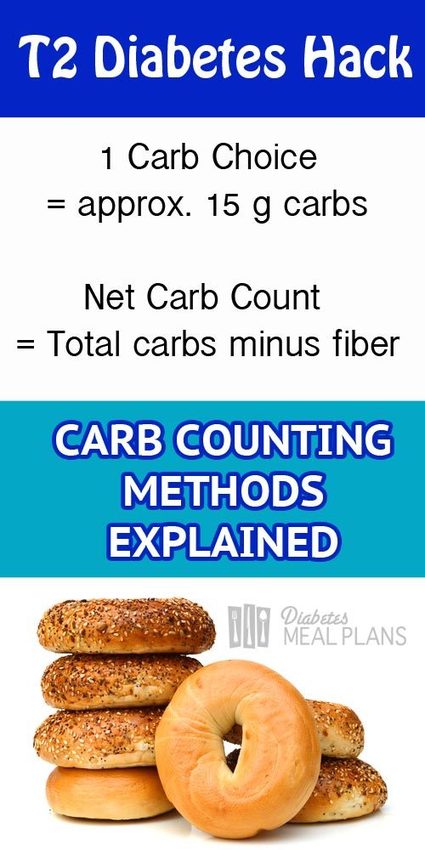Inflammation is a natural response of the body to assaults, whether they are of infectious, traumatic, or toxic origin. It plays a crucial role in defending our body. However, when it becomes chronic, inflammation can become a risk factor for many diseases, including cancer.
It is now widely recognized that chronic inflammation, observed in many pathologies, can under certain circumstances promote the onset and spread of cancer. Moreover, inflammation can also result from cancer treatments such as chemotherapy and, in particular, radiotherapy.
Given this, diet appears as a major lever to control and reduce inflammation. So, what are the right dietary choices to make and which ones to avoid?
The Benefits of Omega-3 Fatty Acids
Omega-3 fatty acids have significant anti-inflammatory properties. They are found in abundance in fatty fish like salmon, tuna, and sardine. For those who do not consume or consume little fish, other plant sources are available, including flaxseed, hemp, chia seeds, and nuts. Incorporating these foods into your diet can help naturally reduce inflammation.
Spices: Anti-inflammatory Treasures
Certain spices and herbs are endowed with powerful antioxidant and anti-inflammatory compounds. Turmeric, for example, contains curcumin, a compound that has demonstrated its ability to reduce inflammation. To increase the absorption and effectiveness of curcumin, it is recommended to combine turmeric with black pepper, which is rich in piperine.
Foods to Avoid
Not all foods are beneficial. Some can worsen inflammation. These include highly processed foods, fried foods, sugary drinks, and alcohol. Reducing or eliminating these foods can contribute to better management of inflammation.
The Importance of Diet During Cancer Treatment
During cancer treatment, it is essential to maintain an appropriate diet. A study examined dietary intake during cancer therapy, highlighting that diet plays a crucial role in treatment tolerance and can influence its effectiveness.
In Conclusion
Diet is a powerful tool in the prevention and management of inflammation, a key factor in the development and progression of cancer. By making wise dietary choices, it is possible to reduce inflammation, support cancer treatment, and improve quality of life.
References:




